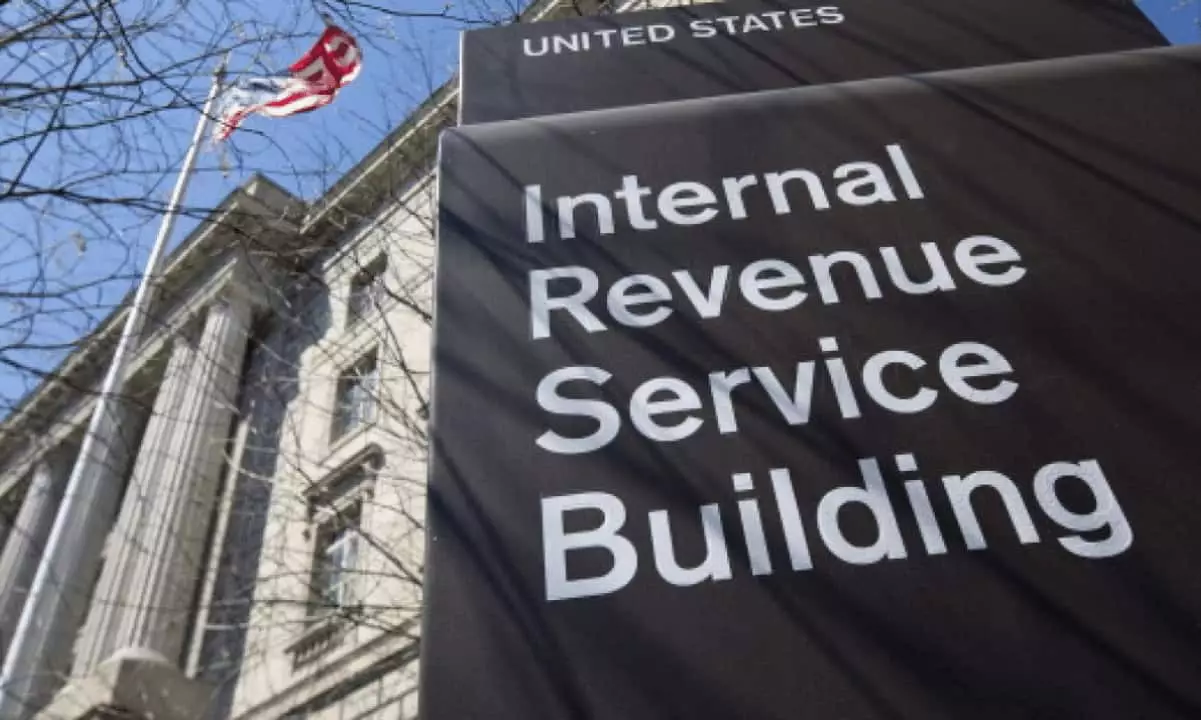The landscape of cryptocurrency taxation in the United States is poised to undergo significant changes in 2025 with the introduction of new regulations under Section 6045. While the Internal Revenue Service (IRS) has sought to establish clearer reporting requirements for centralized finance (CeFi) brokers, the transition Period brings to light potential challenges for cryptocurrency holders. Demonstrating responsiveness to these upcoming regulations, the IRS has unveiled a temporary relief measure aimed at alleviating the tax burdens that could arise during this adjustment period.
The impending implementation of Section 6045 regulations, effective January 1, 2025, will require CeFi brokers to adhere to strict reporting guidelines concerning cryptocurrency transactions. Specifically, these guidelines mandate that brokers must adopt precise accounting approaches for asset sales. As noted by Shehan Chandrasekera, Head of Tax Strategy at CoinTracker, the absence of a chosen accounting method by the asset holder will default to the First In, First Out (FIFO) method. This could result in increased tax liabilities, particularly in bullish market conditions, when earlier purchases—characteristically bought at lower prices—are sold first, thus inflating taxable gains.
Chandrasekera’s analysis highlights the potential pitfalls for CeFi users if they do not proactively manage their accounts or record keeping. Given that many brokers may not initially provide adequate support for preferred accounting methods, including the Specific Identification (Spec ID) method, holders of cryptocurrency may find themselves at a disadvantage if they are not prepared.
In light of these challenges, the IRS’s issuance of Notice 2025-7 comes as a crucial buffer for cryptocurrency users engaging in trades on CeFi exchanges from January to December 2025. This measure allows taxpayers to circumvent the default FIFO method by employing their own records or trusted crypto tax software to dictate which assets are being sold. Such flexibility is particularly beneficial in a transitional period when broker support for diversified accounting methods may not be adequately established.
This temporary relief initiative is automatic, meaning taxpayers are not required to take immediate actions to benefit from it. However, they should be aware that starting January 1, 2026, the onus of selecting an accounting method will shift back to the users. By this time, it is anticipated that most brokers will have equipped themselves to support various accounting methods, thereby simplifying tax compliance.
Despite the temporary reprieve, it remains essential for cryptocurrency users to maintain diligent records of their transactions. Engaging reputable crypto tax software can substantiate claims about asset sales and ensure consistency across reporting requirements. Should taxpayers fail to align their accounting methods with their trading practices or broker’s features, they risk falling into default FIFO scenarios, which could negate much of the potential tax relief they hoped to achieve.
Chandrasekera advocates for proactive planning on the part of crypto holders to confirm that their broker’s accounting method aligns with their chosen tax strategies, thus avoiding potential discrepancies that could adversely affect their taxable income.
The IRS’s recent move to tighten regulations regarding broker reporting has sparked controversy, particularly following the expanded definitions of what constitutes a broker under the Infrastructure Investment and Jobs Act. The inclusion of decentralized finance (DeFi) platforms within this definition has drawn litigation from prominent entities, including A16z Crypto and the DeFi Education Fund, who argue that such regulations overreach existing statutory authority and violate procedural norms.
As cryptocurrency continues to evolve, understanding the implications of these developments will be crucial for all participants in the market. For investors, the need for clarity amid regulatory changes cannot be overstated. Staying informed and prepared allows for navigating the complexities of tax compliance while optimizing investment strategies.
The IRS’s temporary relief framework paves the way for improved compliance in a challenging fiscal environment. Fostering a diligent approach to record keeping and understanding new regulations are essential components of successfully managing cryptocurrency investments while minimizing tax liabilities as 2025 approaches.
















Leave a Reply